6 Tips To Control Moisture During The Rainy Season

During the rainy season, continuous rains can cause a lot of problems, mainly due to the high levels of humidity in the atmosphere. Inside the house, high humidity levels can produce a variety of problems, including stuffy air, damaged wooden furniture, and mold growth. It causes a musty odour in your home, and chronic wetness can cause the walls to weaken, iron objects to rust, and other problems. If the situation becomes too severe, the cost of repairing the dampness may become very high. There are various ways to dehumidify your home and establish a healthy indoor atmosphere.
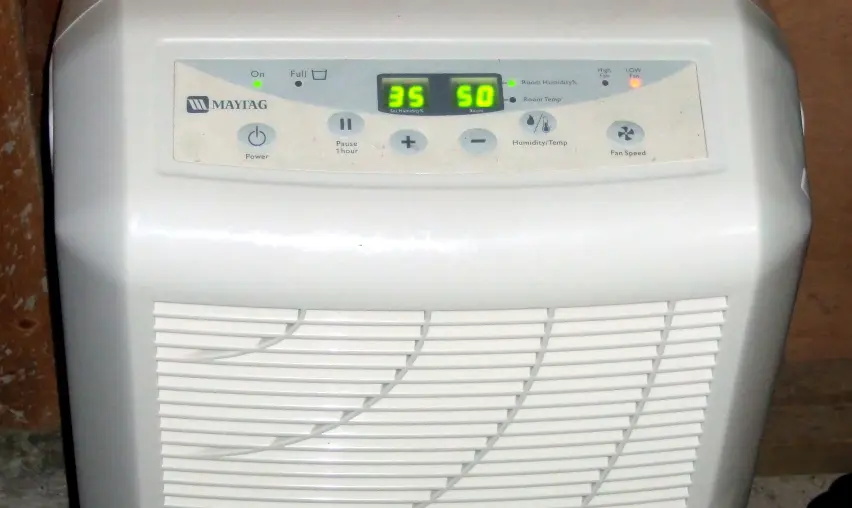
Combine distilled white vinegar and distilled water in a spray container. Spray the vinegar and water solution across the glass shower door or window. Allow at least 30 minutes for the solution to sit on the glass. Start at the top of the glass panel and wipe away the mineral deposits using a soft-bristled brush or microfiber cloth. Rinse the glass with fresh water once the hard water stains disappear. Remove the majority of the water with a good quality squeegee before drying with a microfiber cloth.
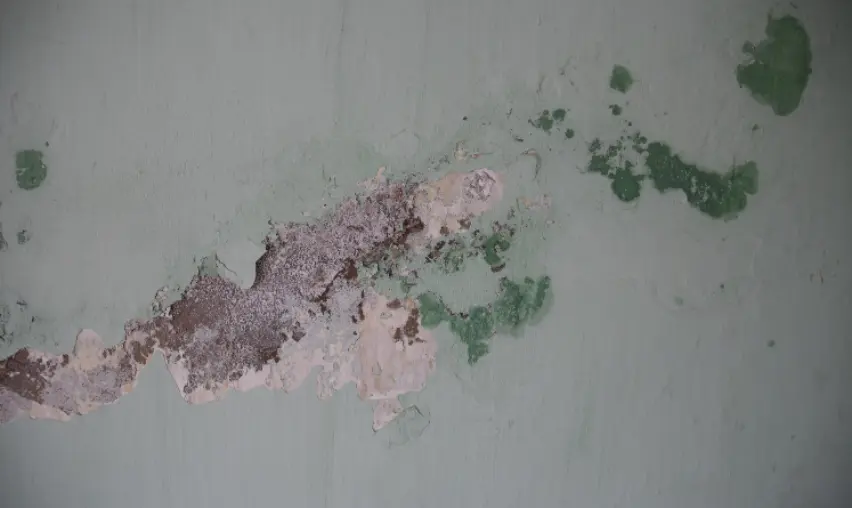
Look for indicators of humidity in the home, such as damp patches on the walls and ceiling, white mineral deposits on the walls, and flaking paint. Check for likely sources of water seepage, such as leaking pipes, wall and ceiling cracks, and broken tile grout. Immediately repair any leaking pipes or cracks. However, it is also a good idea to give your house a thorough inspection before the rainy season begins, identify the sources of possible issues and get them fixed.
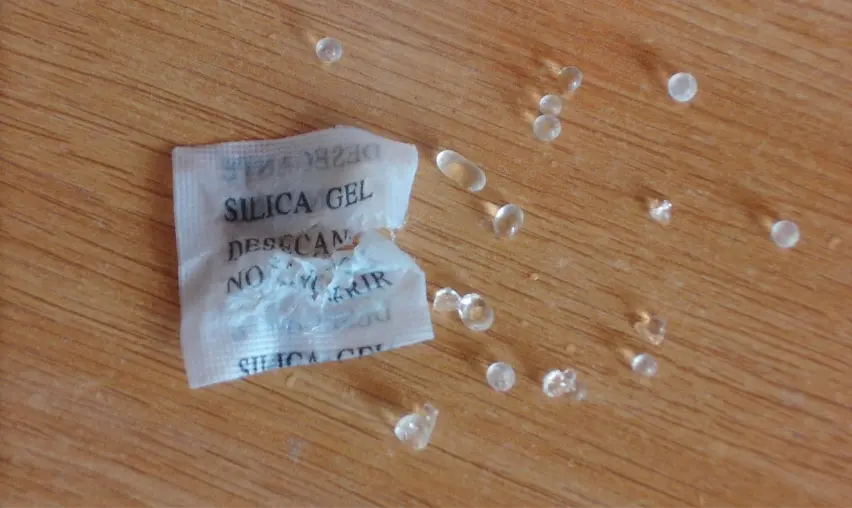
Desiccants like silica gel, charcoal, and rock salt can be used to absorb moisture from the air at a slower rate without the help of an electrical appliance. This is possible because of their hygroscopic nature. Place a basket of charcoal in the room and replenish it as it becomes damp. These desiccants can be reused by drying them out in the sun or in an oven to remove any moisture that has been trapped inside.
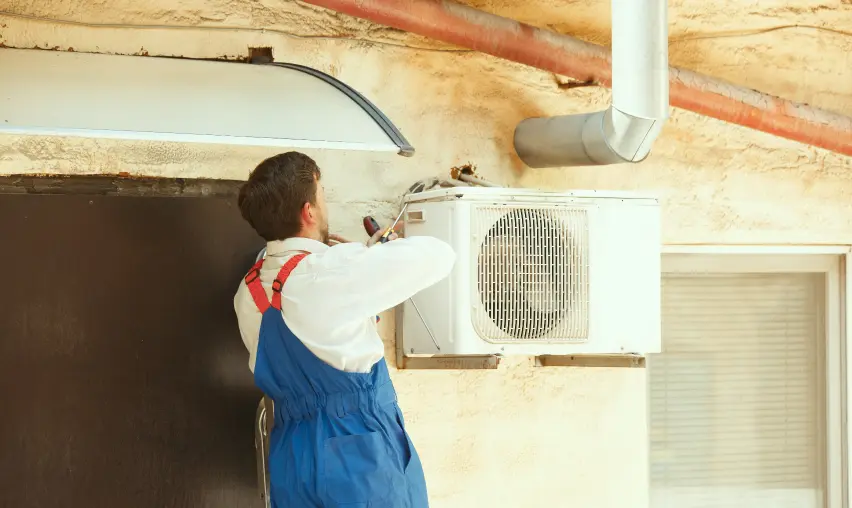
Proper ventilation can assist to keep interior humidity levels down. This can be done by turning on the exhaust fan and keeping the windows open so that damp air can depart the house. Make sure your home is properly ventilated. Clean all of the window mesh, keep them open, and allow fresh air to come in and pass through the house. It’s one of the most effective ways to remove wet air from the house.
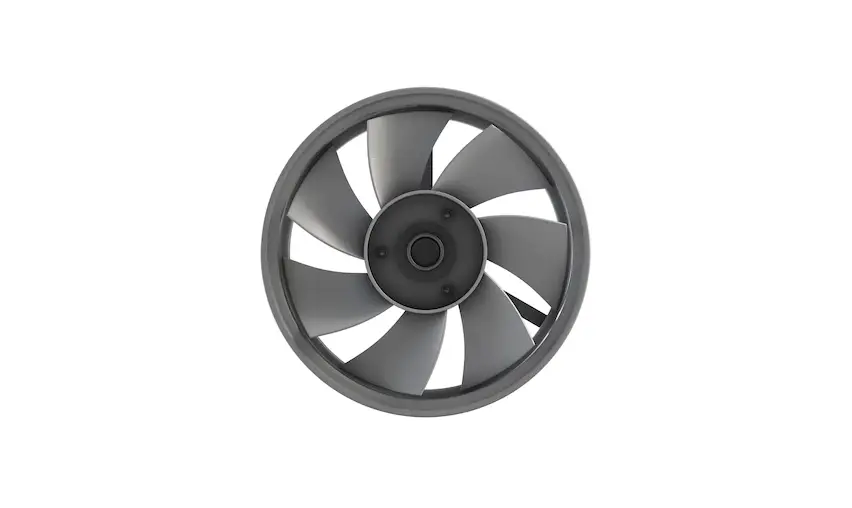
Exhaust fans are common in most households. Bathroom exhaust fans and stove vent fans can help you maintain a low humidity level in your home. Showering, boiling water, and other activities produce a lot of humidity, thus these devices are meant to eliminate them. Turn on the exhaust fans to remove moisture and prevent water condensation in the kitchen and bathroom. Install a chimney above the kitchen hob to exhaust steam, kitchen odours, and other pollutants generated when cooking.

Dirt, humidity, and odour all concentrate in the houses on rainy days. To prevent this, you should clean your home daily. The bathroom and kitchen, in particular, are the most disease-prone areas. However, if cleaning daily is not possible for you, hire a good house cleaning service to do it for you.